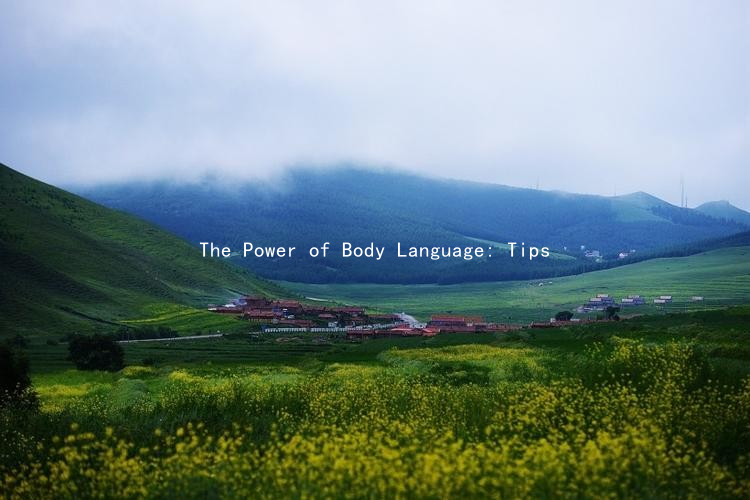The Power of Non-Traditional Love Languages: Enhancing Your Relationship Skills
In the realm of romantic relationships, the concept of love languages has gained significant attention. Traditionally, these love languages—words of affirmation, acts of service, receiving gifts, quality time, and physical touch—serve as pathways for partners to express affection. However, the nuanced realm of non-traditional love languages offers a wealth of opportunities to deepen connections and enhance relationship skills.
Non-traditional love languages can include shared experiences, intellectual stimulation, emotional availability, and even humor. Recognizing and embracing these alternative expressions of love can enrich your relationship significantly.
Shared Experiences: Building Bonds through Adventure
One powerful non-traditional love language is the concept of shared experiences. When couples engage in activities together—be it hiking, cooking, or exploring new hobbies—they create lasting memories that enhance their emotional connection. This shared journey cultivates a sense of partnership and teamwork, reinforcing the idea that both individuals are invested in the relationship. The thrill of trying something new together can break the monotony and add excitement to your bond.
To enhance this love language, regularly plan date nights or weekend adventures that allow both partners to step out of their comfort zones. Encourage each other to explore new passions, share interests, and engage in activities that spark joy.
Intellectual Stimulation: Connecting through Conversation
Another vital non-traditional love language is intellectual stimulation. Engaging in meaningful conversations, debating ideas, and sharing thoughts on various topics can foster a deeper connection between partners. When both individuals feel seen and valued for their intellect, it enhances respect and admiration within the relationship.
To cultivate this love language, set aside time for discussions on subjects that intrigue both of you. Explore books, documentaries, or current events together, and share your perspectives. Encouraging open dialogue helps both partners grow and learn from each other, strengthening the emotional bond.

Emotional Availability: Creating a Safe Space
Being emotionally available is an essential non-traditional love language that can significantly impact the health of a relationship. Partners who actively listen and provide support during challenging times foster an environment of trust and security. Emotional availability entails being present, showing empathy, and providing reassurance to one another.
To enhance this aspect of your relationship, prioritize open communication. Create an atmosphere where both partners feel safe discussing their feelings, fears, and aspirations without judgment. Regularly check in on each other’s emotional states and offer support when needed, reinforcing the bond between you.
Humor: Laughter as a Love Language
Finally, humor serves as a powerful non-traditional love language. Shared laughter can diffuse tension, create joy, and strengthen connections. Couples who can make each other laugh often find it easier to navigate the ups and downs of life together.
To make humor a central part of your relationship, find opportunities to share jokes, watch comedies, or reminisce about funny moments from your past. Create playful banter that keeps the relationship lighthearted and fun. Laughter not only solidifies bonds but also serves as a reminder of the joy that brought you together in the first place.
Conclusion: The Importance of Flexibility in Love
Exploring non-traditional love languages can greatly enhance your relationship skills and deepen your bond with your partner. By embracing shared experiences, intellectual stimulation, emotional availability, and humor, you create a multi-faceted connection that strengthens your partnership. The key lies in being flexible and open to different expressions of love, fostering an environment where both partners can thrive individually and together. The power of love, in all its forms, can transform relationships into fulfilling and lasting partnerships.





